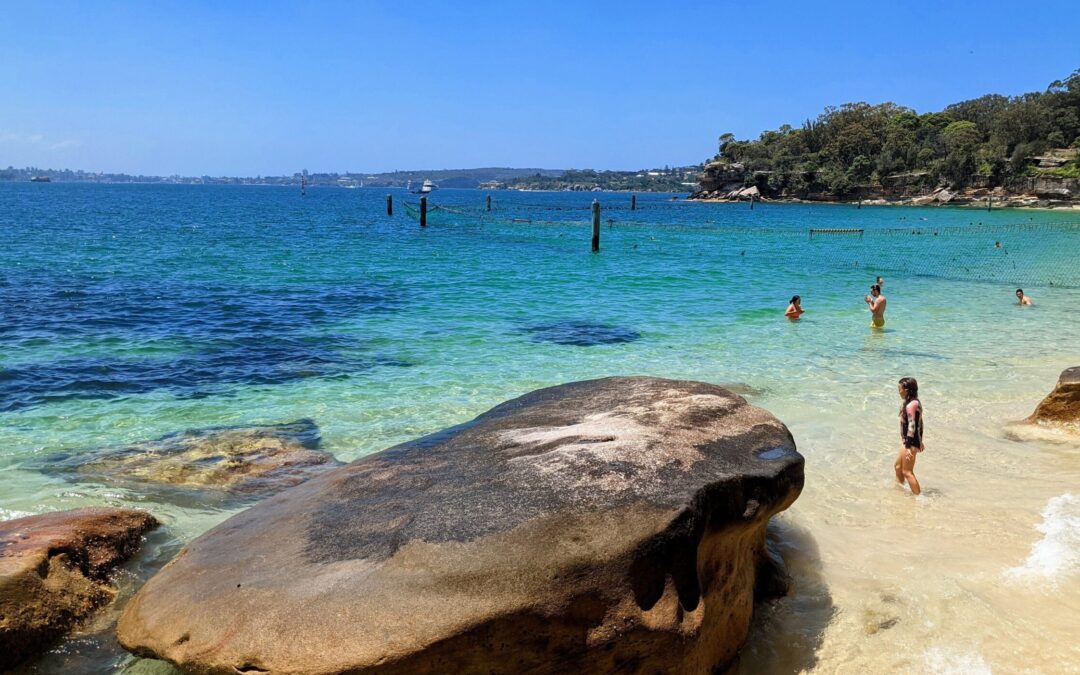Shark nets will be a fixture on New South Wales (NSW) beaches this summer despite mounting criticism from environmentalists who consider them an “ineffective” safety measure.
The NSW premier, Chris Minns, announced that shark nets will be installed across 51 beaches spanning from Newcastle to Wollongong in preparation for the upcoming summer season. This decision comes in the face of increasing calls to replace the nets with more advanced shark detection technology.
“Last year was the first year when we had …nets as well as drone technology and other emerging trends for shark detection and warning systems,” Minns said on Monday.
“Now, we’re not in a position at the moment where we can say hand on heart for this coming summer that these new technologies are as good a replacement as shark nets for Sydney beaches.”
Despite this stance, a recent Department of Primary Industries report revealed that nearly 90% of marine animals caught in the nets over the past year were unintended species, including turtles, rays, and dolphins. Moreover, data from the Shark Meshing Program indicated that no tiger or white sharks were captured by the nets during the previous summer season in Sydney.
This decision runs counter to demands from coastal councils and the community urging the abandonment of shark nets.
Greens Councillor for Wollongong, Cath Blakey, called for government officials to listen to external departments and the community to remove shark nets.
“The premier is being belligerent and not adopting the advice of the department, which has consistently shown the community does not want shark nets. It’s cowardice,” Ms Blakey said.
“When shark attacks happen it is widely reported and sensationalised. You’re 300 times more likely to die in a car accident than you are to get attacked by a shark.
“This makes ministers cautious and we haven’t seen much bravery in policy reform from this new state government.”
Dr. Michael Mehmet, an Associate Professor in Marketing at the University of Wollongong, has conducted multiple studies on shark coexistence, management, and contextual influences, most notably the Shark Sentiment Report.
“The shark problem is real, but it is small compared to the fear of sharks. In every focus group, people said traditional media sensationalise harm and feed fear, and online media multiply exposure beyond the exponential to distort perception,” Dr Mehment said.
“People overwhelmingly would prefer to coexist with sharks. It’s their ocean. They don’t want sharks harmed or killed.
“There is very strong support for developing and trialling non-lethal technologies, devices and other innovations to replace traditional nets.”
Many advocates contend that technologies like drones and SMART drumlines, which allow for targeted shark interaction management while collecting valuable scientific data, offer a more promising approach.
“Drone surveillance, education and patrolled beaches are really effective. There are more effective ways that we can manage sharks,” Ms Blakey said.
While traditional shark nets have been phased out in other regions like Cape Town, Hawaii, and Florida, the debate in Australia remains contentious. The history of shark net usage in the country dates back to 1937, and discussions about their efficacy have persisted ever since.
As the summer season approaches, the controversy continues to revolve around the delicate balance between human safety, marine conservation, and the need for innovative technologies to address these complex challenges.

